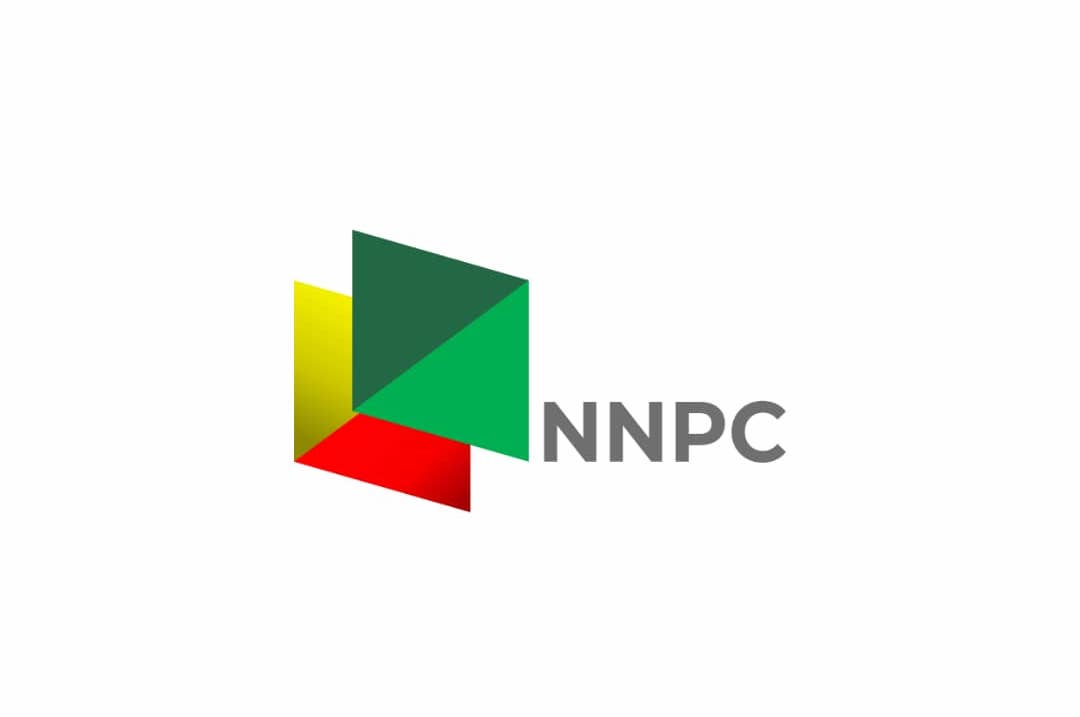
Folalumi Alaran in Abuja
The federal government has reaffirmed its commitment to repositioning Nigeria as the cultural and tourism hub of Africa, describing the creative economy as a major catalyst for trade, investment, and sustainable growth across the continent.
Speaking at the maiden edition of the Africa Tourism and Creative Economy Expo (ATCEE) held in Abuja on Sunday, the Minister of Arts, Culture, Tourism and the Creative Economy, Hannatu Musa Musawa, represented by the Permanent Secretary, Dr. Mukhtar Muhammad Yawale, said the Tinubu administrations Renewed Hope Agenda is prioritising the creative sector as a strategic pillar for economic diversification and job creation.
Musawa said the government is pursuing a broad policy framework to develop creative clusters and innovation hubs, revitalise heritage and tourism sites, and expand access to credit for entrepreneurs in the sector through partnerships with financial institutions, notably the Bank of Industry.
She added that the ministry is also strengthening cultural diplomacy to enhance Nigerias global reputation and soft power.
We must move beyond the rhetoric of potential to the practicality of implementation, Musawa said. The creative economy is not just a sector; it is a catalyst for innovation, job creation, and continental identity.
The minister noted that with Africas youthful population and growing digital economy, the continents cultural and tourism assets could serve as a powerful driver of intra-African trade under the African Continental Free Trade Area (AfCFTA).
She commended Afrocultour Limited, organisers of the Expo, for providing a platform that connects government, private investors, and innovators to unlock opportunities within Africas creative and tourism ecosystem.
In his opening address, the Managing Director of Afrocultour Limited and convener of the Expo, Mr. Chuks Akamadu, said the initiative was designed to address Africas low contribution to global trade, which stands at less than three percent despite its vast resource endowments.
He unveiled a new evaluation mechanism tagged Cultourmetre – a continental tool developed in partnership with the African Union Commission (AUC), AfCFTA Secretariat, Afreximbank, and a global audit firm – to measure and rank the performance of African countries in mainstreaming culture and tourism into their national economies.
Africa cannot continue to sit on her fortunes while remaining a destination for foreign aid, Akamadu said. The Cultourmetre will help track measurable progress and ensure accountability across the continent.
Also speaking, the Ambassador of the Democratic Republic of Congo, Her Excellency Pascaline Gerengbo Yakivu, applauded Nigerias leadership in promoting African cultural identity and regional cooperation through tourism.
She noted that the D.R. Congo has intensified efforts to attract investment through cultural showcases and tourism fairs that celebrate its music, biodiversity, and national landmarks.
The Africa Tourism and Creative Economy Expo, themed Optimizing Africas Comparative and Competitive Advantage for Accelerated Trade and Economic Growth, drew policymakers, investors, diplomats, and creative entrepreneurs from across the continent to explore strategies for unlocking Africas cultural and tourism potential as engines of inclusive growth.




